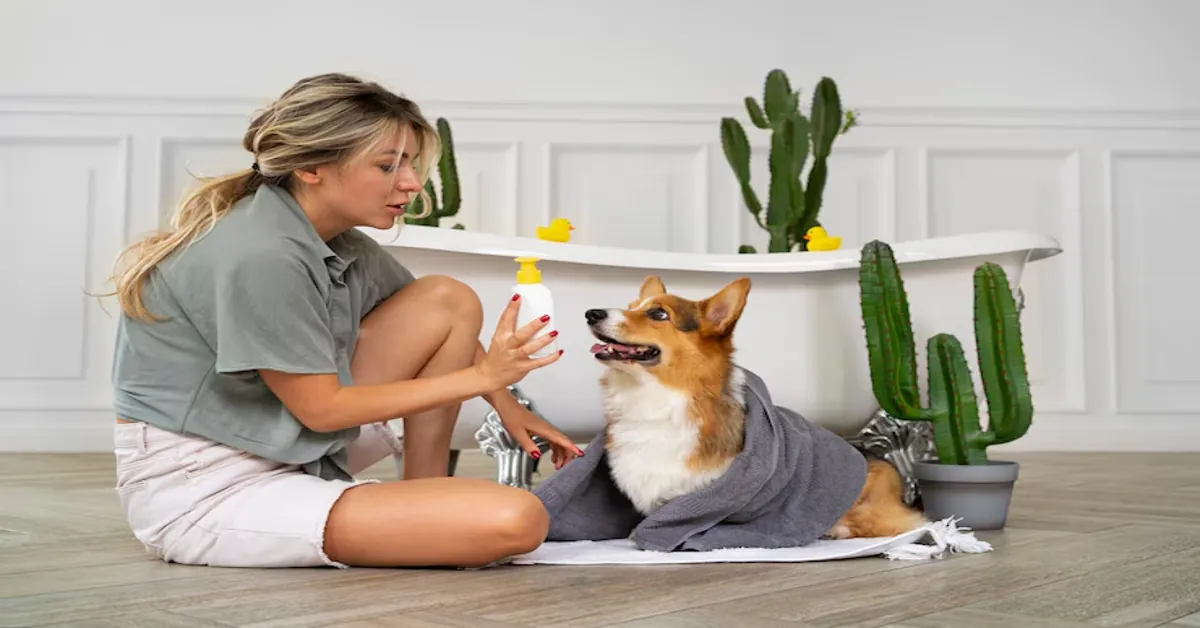The teacup chihuahua may be one of the tiniest dog breeds in the world, but its personality is anything but small. Loved for their loyalty, sass, and big-dog energy packed into a tiny frame, teacup chihuahuas are a favorite among apartment dwellers, celebrities, and dog lovers who prefer pint-sized pups.
But are these tiny dogs the right fit for every home? In this guide, we’ll explore everything you need to know—from traits and care requirements to health risks and ethical concerns—so you can make an informed decision before adopting or purchasing a teacup chihuahua.
What Is a Teacup Chihuahua?
A teacup chihuahua is not an official dog breed but rather a marketing term used to describe a Chihuahua that is smaller than the breed standard. Most teacups weigh under 4 pounds and stand about 5 inches tall when fully grown.
They’re bred from the runts of Chihuahua litters, which can sometimes lead to congenital health issues.
Quick facts:
- Breed type: Chihuahua (miniature variant)
- Weight: Typically 2–4 pounds
- Height: 4–6 inches
- Coat: Short or long (varies)
- Lifespan: 12–16 years (with care)
Teacup Chihuahua vs Standard Chihuahua
It’s important to distinguish between a standard Chihuahua and a teacup.
| Feature | Standard Chihuahua | Teacup Chihuahua |
|---|---|---|
| Weight | 4–6 pounds | 2–4 pounds |
| Height | 6–9 inches | 4–6 inches |
| AKC Recognition | Yes | No (teacup is not a standard) |
| Health Issues | Moderate | High (due to breeding) |
| Price | $800–$2,000 | $1,500–$5,000+ |
While both are small, teacups are specifically bred for size, often at the cost of health and longevity.
Teacup Chihuahua Personality Traits
Despite their tiny frames, teacup chihuahuas are bold, alert, and sometimes feisty. They often think they’re much bigger than they are, which makes them entertaining and occasionally stubborn companions.
Common behavioral traits:
- Loyal to one person: Teacup chihuahuas often bond deeply with one individual.
- Protective: They’ll bark to defend their territory—even if it’s just the couch.
- Playful & affectionate: They enjoy attention, cuddles, and even short play sessions.
- Clever but stubborn: Smart enough to learn tricks, but may resist if not in the mood.
Proper training and socialization are essential to balance their spirited nature.
Common Health Issues
Because of their small size and selective breeding, teacup chihuahuas are prone to a variety of health problems:
- Hypoglycemia (low blood sugar)
- Heart disease
- Collapsed trachea
- Hydrocephalus (fluid in the brain)
- Dental disease
- Bone fractures (very fragile limbs)
- Liver shunts
Always choose a reputable breeder who performs genetic testing and provides a health guarantee.
Lifespan & Size Expectations
While standard Chihuahuas live 12–20 years, the teacup variety tends to have a shorter lifespan, often between 7–12 years due to health complications.
Despite their size, they require regular veterinary checkups, a high-quality diet, and protective handling.
Nutrition & Feeding Tips
Due to their fast metabolism, teacup chihuahuas need frequent small meals throughout the day.
Feeding recommendations:
- 3–4 small meals per day
- Choose high-protein, low-fat kibble formulated for toy breeds
- Avoid grapes, chocolate, caffeine, and onions—they’re toxic!
- Consider wet food or rehydrated raw diets for better digestion
Tip: Use a slow-feeder bowl to prevent gulping and stomach upset.
Training & Socialization
Don’t let their size fool you—teacup chihuahuas need obedience training and consistent boundaries.
Best training practices:
- Positive reinforcement: Use treats and praise
- Early socialization: Introduce them to people, pets, and new environments
- Crate training: Helps with housebreaking and gives them a safe space
- Gentle handling: Avoid rough play or high jumps
Due to their fragility, teacups should not be left unsupervised with young children or larger dogs.
Is a Teacup Chihuahua Right for You?
Ask yourself the following:
Do you live in a small space or apartment?
Can you provide constant attention and care?
Are there no small children or rough pets in the house?
Are you financially prepared for potential vet bills?
If you answered “yes” to most, a teacup chihuahua could be a good match. However, these dogs are not ideal for every household due to their delicate nature and high care demands
Where to Find a Teacup Chihuahua Puppy
Avoid puppy mills and unverified online ads. Look for:
- AKC-registered breeders (for standard Chihuahuas)
- Specialty Chihuahua rescues
- Toy breed rescue organizations
- Veterinarians or local shelters with small breed connections
Ask breeders for:
- Health certificates
- References
- Puppy parent info
- Vaccination records
Ethical breeding and early care can make a world of difference in the health of your future pup.
Conclusion
The teacup chihuahua is a charming, affectionate, and attention-grabbing pup wrapped in a tiny package. But with great cuteness comes great responsibility. These miniature dogs require gentle care, early training, frequent feeding, and frequent vet visits.
If you’re ready for a long-term commitment, a teacup chihuahua can be your ultimate lapdog and loyal companion. Just make sure your heart—and your lifestyle—are ready for the tiny but mighty adventure ahead.
FAQs
Q1: Are teacup chihuahuas a real breed?
No. “Teacup” is a term used to describe extremely small Chihuahuas, but it’s not officially recognized by kennel clubs like the AKC.
Q2: How much does a teacup chihuahua cost?
Prices typically range from $1,500 to $5,000+, depending on lineage, breeder reputation, and location.
Q3: Can a teacup chihuahua be left alone?
They suffer from separation anxiety and need companionship. It’s best not to leave them alone for long periods.
Q4: Are teacup chihuahuas good with kids?
Not recommended for homes with small children, as their bones are delicate and they may become easily stressed.
Q5: What’s the best age to adopt one?
Adopt a puppy at 10–12 weeks old, once they’ve had initial vaccinations and begun socialization.
Call-To-Action
Thinking of adding a teacup chihuahua to your family?
Drop a comment below with your questions or experiences!
Don’t forget to subscribe for more pet care guides, or share this post with a fellow dog lover.









